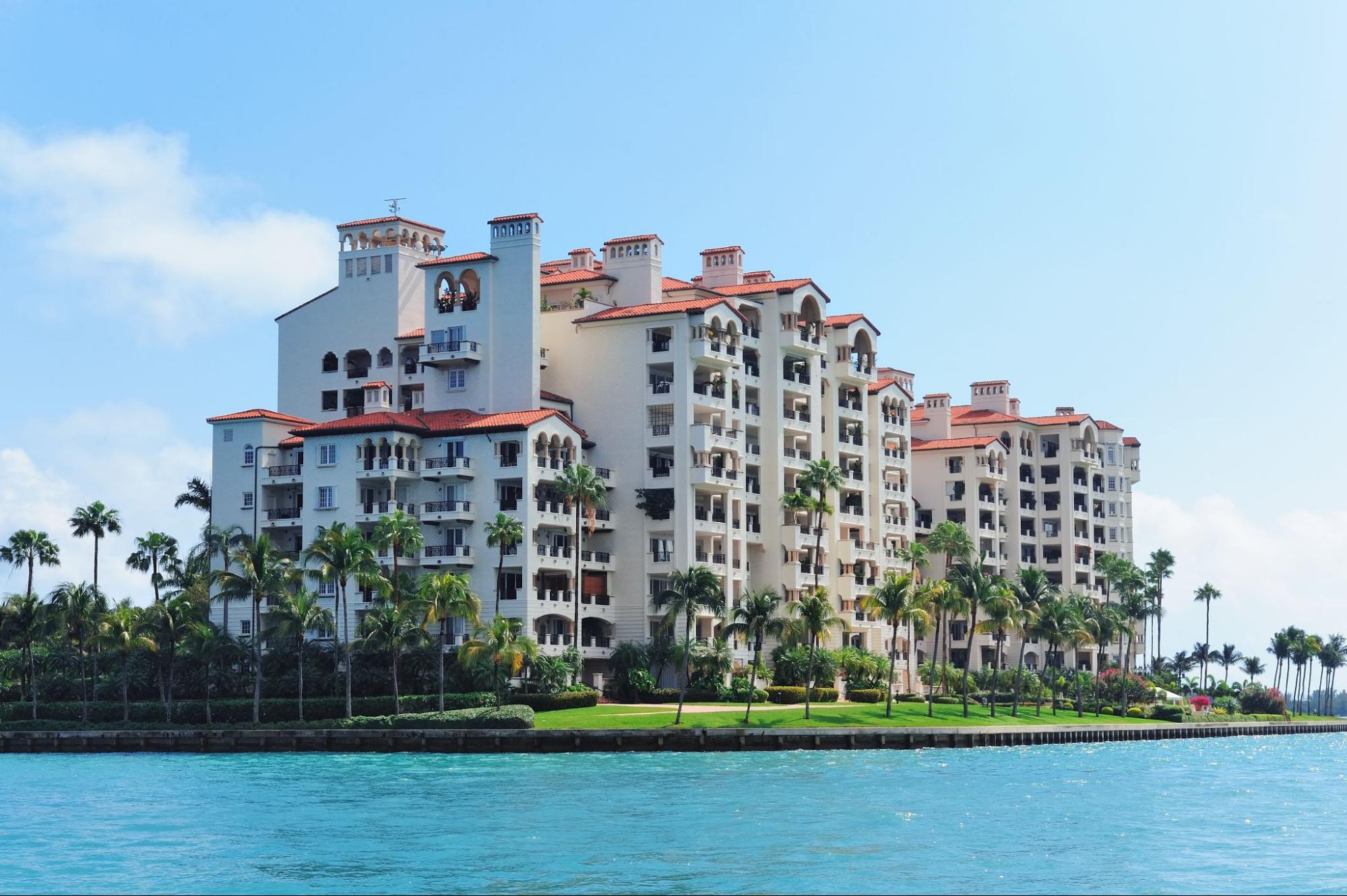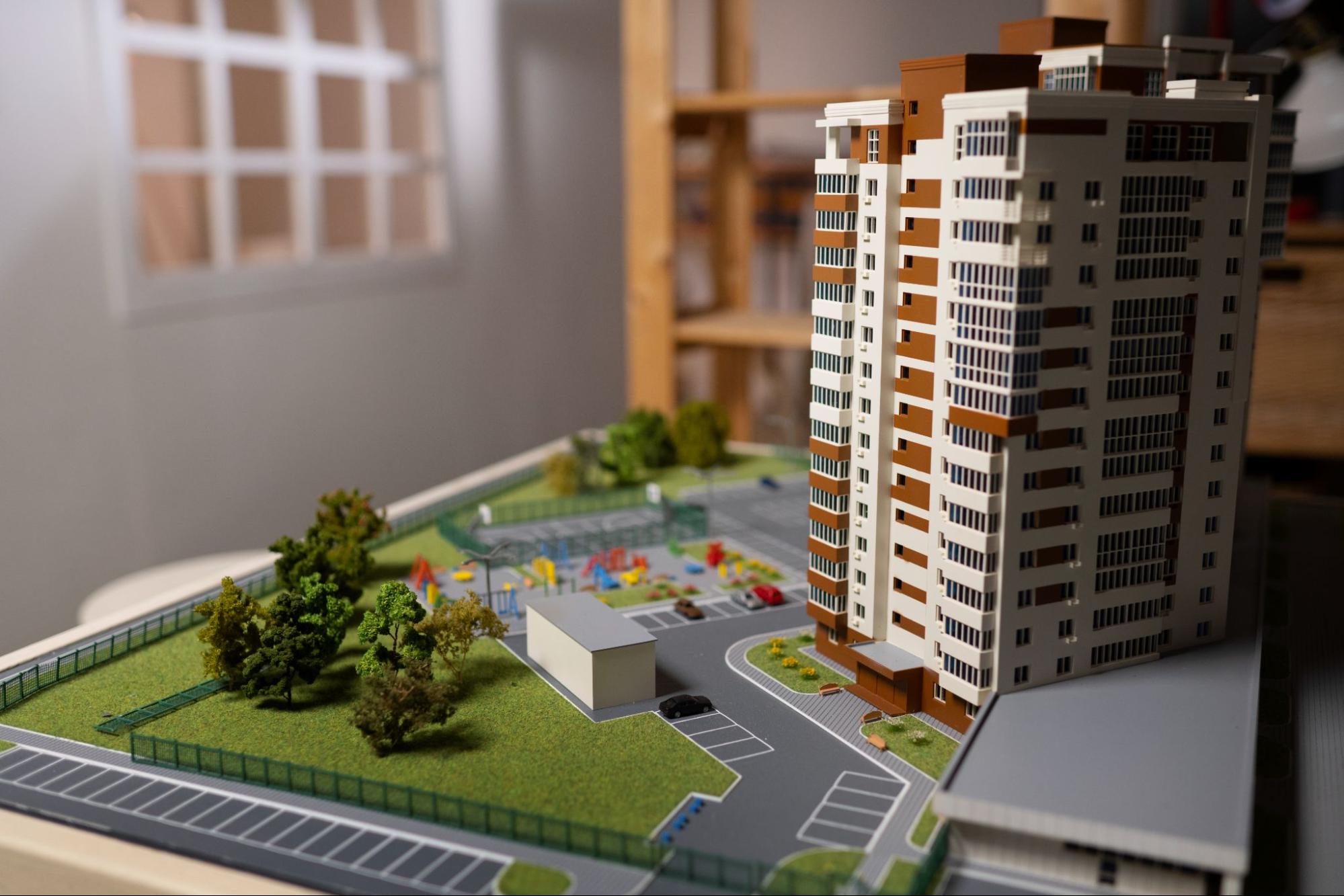Financial
Topic
Explore multifamily construction financing in Canada. Learn about CMHC programs, requirements, rates, and why multifamily properties are the best real estate investments.
Financial
Topic
Explore multifamily construction financing in Canada. Learn about CMHC programs, requirements, rates, and why multifamily properties are the best real estate investments.
The multifamily construction market has been experiencing remarkable growth in recent years, strong rental demand, changing demographics, and driven by urbanization. Building multifamily properties is a smart and income-generating investment in Canada but it’s important to understand the multifamily construction financing for project success.
Whether you’re planning to build your first apartment complex or expanding an existing property, you will need strong financing, careful planning, and the right knowledge. This is where multifamily construction financing comes in. In this guide, we’ll go through the multifamily construction financing process, explain requirements and lenders, and explore available rates.

Multifamily construction financing refers to loan products specifically designed to fund the development of residential properties such as apartments, townhouses, suites, or condominiums. These loans differ from traditional residential mortgages due to a number of reasons like their complexity, unique risk profiles, and higher loan amounts.
Multifamily construction loans are usually short-term and they cover costs like labor and materials. Unlike purchasing an existing property, construction financing involves funding a project that doesn't yet exist. The loan is refinanced into a longer-term mortgage when the property is ready and rented out. Lenders must evaluate not only the borrower's creditworthiness but also the project's value, market conditions, and construction timeline. All these factors create a more complex approval process that requires extensive documentation and careful risk assessment. There are two main channels for these loans to come through in Canada:
One of the most popular options for developers is CMH multifamily financing due to it providing low-cost and flexible terms. CMHC also offers Mortgage Loan Insurance (MLI) for finished rental properties, with options like MLI Select which gives better terms for accessible or environmentally friendly buildings.
The CMH Apartment Construction Loan Program is one of the key examples:
Requirements:
The range of conventional lenders providing multifamily construction loans in Canada includes:
Canada’s growing population, specifically in major urban provinces like Toronto, Montreal, and Vancouver has created a demand for rental housing like never before. Furthermore, the demographic shift with affordability challenges in home ownership has made multifamily properties increasingly beneficial investments. However, the Canadian multifamily construction financing market does not come without its own unique challenges.
The provincial regulations and municipal requirements also add complexity to multifamily projects in Canada. Developers have to navigate between building codes, environmental assessments, and zoning laws that can vary by location.
Fortunately, Canadian lenders have responded well to the growing demand for multifamily properties by developing sophisticated financing programs tailored to these developments. Multiple banks, credit unions, and construction lenders actively participate in this market, creating a competitive landscape for qualified borrowers.

Securing multifamily construction financing can be complex since it requires you to meet multiple requirements that go beyond the traditional lending criteria. Lenders examine and assess various factors to understand borrower capability as well as project viability. One of the most critical requirements is experience as lenders prefer working with developers who have previously completed similar projects successfully.
First-time developers with no experience in real estate often need to partner with experienced contractors or development consultants to strengthen their applications. Financial capacity is another fundamental requirement. Borrowers have to demonstrate sufficient liquidity to handle cost overruns, market changes, or unexpected delays. Most lenders require borrowers to have additional capital reserved for these situations aside from the down payment, usually 10% to 20% of the total project cost.
Another essential requirement is the detailed project documentation. This includes construction plans, environmental assessments, financial projections, engineering reports, and market studies. The completeness and quality of these documents and reports can significantly affect lender decisions and lead to both approval likelihood and financial terms of the loan.
Lenders also examine personal and business credit profiles, looking for stability, consistency, and the ability to repay total debt during the construction period when the property is not generating any income.
Determining which loan is best for your property depends on various factors including whether you’re purchasing an existing property or developing a new one. Conventional mortgages usually offer the best terms for existing properties as they come with lower rates and longer amortization periods.
For new construction, the construction-to-permanent loans offer the most attractive terms. These loans combine construction financing with permanent financing, reducing the cost of securing separate loans for each phase as well as reducing the complexity. The choice also depends on the size of your project, your expertise, and other financial factors:
Multifamily properties offer key advantages that make them attractive:
Minimum down payment requirements for multifamily properties vary significantly based on the type of property, financing source, and borrower qualifications. For construction projects, the down payment ranges between 20% and 35% of the total project cost.
Although the down payment can be as low as 15% of the property cost with CMHC-backed permanent financing. Meanwhile, conventional commercial lending loans usually require 15% to 25%, depending on the project debt coverage and loan-to-value ratio.

The combination of a strong market and diverse financing options. Including government support programs, multifamily construction financing is a great opportunity for experienced developers and investors. However, it requires careful planning, thorough preparation, and expert guidance to navigate successfully. Your entire success in multifamily property development depends on understanding the financial requirements, building relationships with lenders, and planning projects that meet both lender criteria and market demands.
Working with experienced professionals including mortgage brokers, development consultants, and construction lenders can significantly improve your financing terms and outcomes.
If you’re still wondering which loan might be best for multifamily property or need any help with lender selection, contact us to book a consultation. Our team specializes in multifamily financing across Canada and is ready to guide you through every step.
.webp)
03
A note
Wilson Mortgage is proud to partner with Dominion Lending Centres, one of Canada’s most trusted mortgage networks. This partnership allows us to offer our clients a wide variety of mortgage solutions tailored to their unique needs. Whether you're looking for competitive rates, flexible terms, or specialized financing options, our access to Dominion Lending's extensive resources ensures that you receive the best possible service. Serving the Niagara Falls and St. Catharines area, we combine local expertise with the strength of a national network to help you achieve your home financing goals with confidence and ease.
Latest